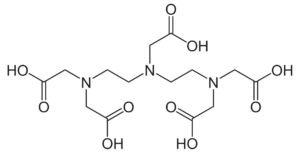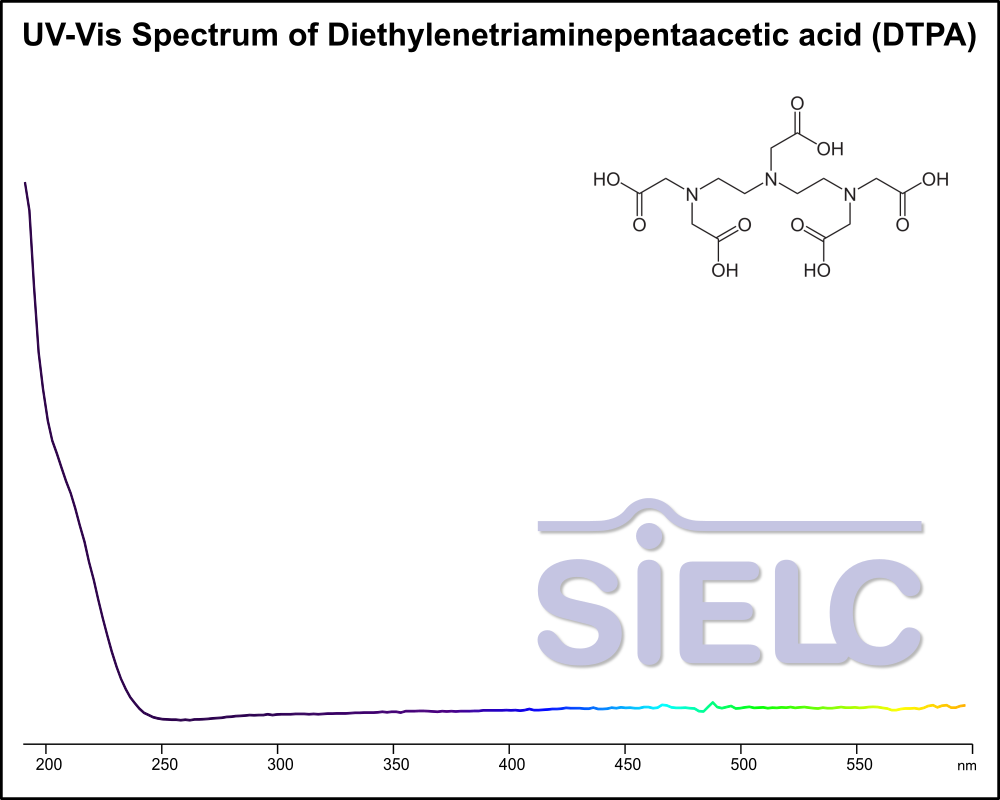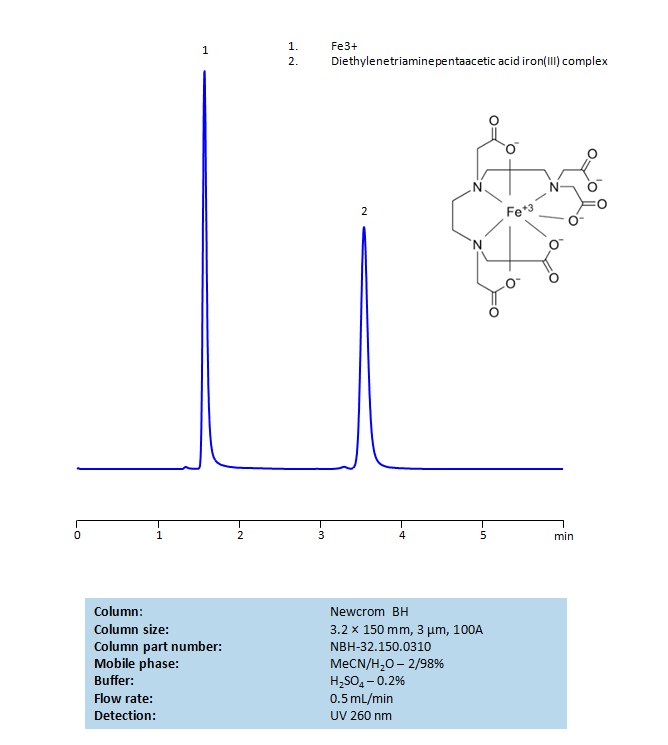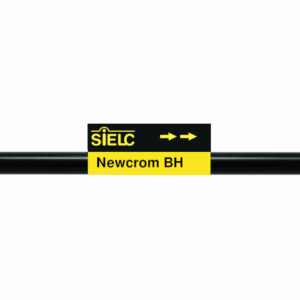
| CAS Number | 67-43-6 |
|---|---|
| Molecular Formula | C14H23N3O10 |
| Molecular Weight | 393.35 |
| InChI Key | QPCDCPDFJACHGM-UHFFFAOYSA-N |
| LogP | -8.5 |
| Synonyms |
|
Applications:
UV-Vis Spectrum of Diethylenetriaminepentaacetic Acid
December 23, 2025

If you are looking for optimized HPLC method to analyze Pentetic Acid (DTPA) check our HPLC Applications library
For optimal results in HPLC analysis, it is recommended to measure absorbance at a wavelength that matches the absorption maximum of the compound(s) being analyzed. The UV spectrum shown can assist in selecting an appropriate wavelength for your analysis. Please note that certain mobile phases and buffers may block wavelengths below 230 nm, rendering absorbance measurement at these wavelengths ineffective. If detection below 230 nm is required, it is recommended to use acetonitrile and water as low UV-transparent mobile phases, with phosphoric acid and its salts, sulfuric acid, and TFA as buffers.
For some compounds, the UV-Vis Spectrum is affected by the pH of the mobile phase. The spectra presented here are measured with an acidic mobile phase that has a pH of 3 or lower.

HPLC Method for Analysis of Diethylenetriaminepentaacetic acid (DTPA) on Newcrom BH Column
May 30, 2024

High Performance Liquid Chromatography (HPLC) Method for Analysis of Pentetic Acid (DTPA)
Diethylenetriaminepentaacetic acid (DTPA) is a chelating agent used in various applications.
- DTPA is used as a gadolinium chelate (Gd-DTPA) in MRI contrast agents to enhance the clarity of the images.
- It is used in chelation therapy to treat poisoning by heavy metals like lead, plutonium, and americium by binding these metals and facilitating their excretion from the body.
Agricultural Applications
- Micronutrient Fertilizers:
- DTPA is used to chelate micronutrients like iron, manganese, zinc, and copper in fertilizers, making these nutrients more available to plants, especially in alkaline soils where nutrients are less soluble.
Industrial Applications
- Water Treatment:
- Used in water treatment to sequester metal ions, preventing scale formation and improving the efficiency of detergents and cleaners.
- Cosmetics and Personal Care:
- Included in formulations to stabilize and enhance the efficacy of cosmetic products by binding metal ions that might otherwise degrade the product.
Mechanism of Action
- Chelation:
- DTPA works by binding to metal ions through its multiple donor atoms (nitrogen and oxygen), forming stable, water-soluble complexes that can be easily excreted or removed.
Summary
Diethylenetriaminepentaacetic acid (DTPA) is a versatile chelating agent with significant applications in medicine, agriculture, and industry. Its ability to form stable complexes with metal ions makes it valuable in treating metal poisoning, enhancing plant nutrition, and improving industrial processes.
| Column | Newcrom BH, 3.2 x 150 mm, 5 µm, 100 A, dual ended |
| Mobile Phase | MeCN/H2O – 2/98% |
| Buffer | H2SO4 – 0.1% |
| Flow Rate | 0.5 ml/min |
| Detection | UV 260 nm |
| Injection volume: | 1 µl |
| Sample* | 0.1 mg/ml |
| Sample Diluent | 0.01 NaOH |
| LOD** | 5 ppb |
*Sample preparation:
DTPA Standards Solution A:
For the preparation of the DTPA standard solution, 5 mg of DTPA was accurately weighed and transferred into a 5 mL volumetric flask and dissolved in 0.01N NaOH water solution with sonication or magnetic stirrer mixing. Filtered The DTPA stock solution (1.0 mg/mL) should be stored in a cold dark place and can be used for a week to prepare standards of required concentration.
Iron(III) chloride Solution B:
The standard stock solution of Iron(III) chloride (10 mg/ml) was prepared in water. 50 mg of FeCl3 was accurately weighed and transferred into a 5 mL volumetric flask and dissolved in water, with sonication if needed.
General procedure for Ferric DTPA complex analysis:
To make a sample for analysis mix 100 µL Solution A (or unknown sample) with 300 µL Solution B and 600 µL of water. Place this mixture in a plastic HPLC vial for analysis. Setup instrument and column according to the method provided.
**LOD was determined for this combination of instrument, method, and analyte, and it can vary from one laboratory to another even when the same general type of analysis is being performed.
| Class of Compounds | Acid, Hydrophilic |
| Analyzing Compounds | Pentetic Acid (DTPA) |
Application Column
Newcrom BH
Column Diameter: 3.2 mm
Column Length: 150 mm
Particle Size: 5 µm
Pore Size: 100 A
Column options: dual ended


